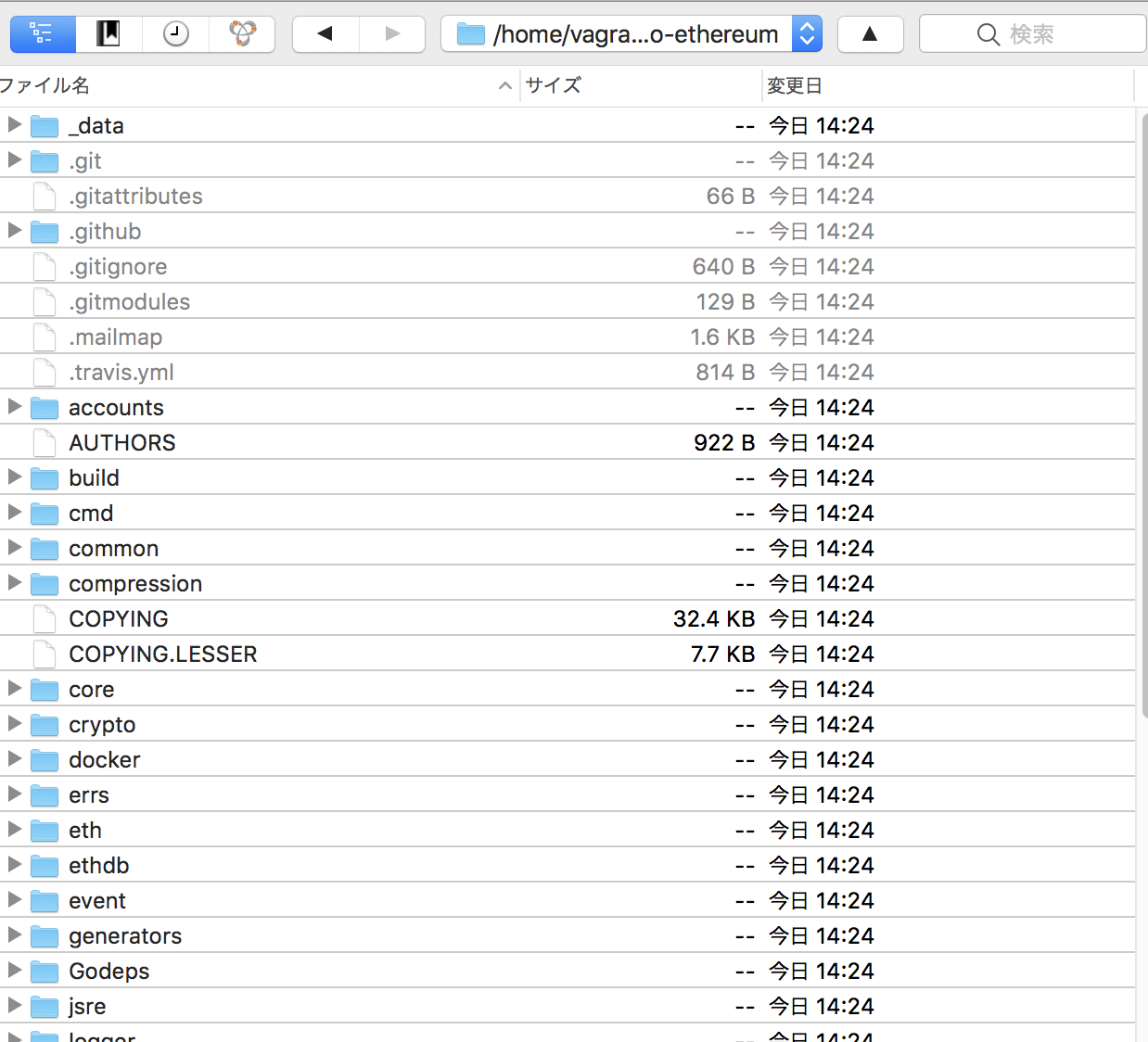### Method
A method is a function with a special receiver argument.
type Vertex struct {
X, Y float64
}
func (v Vertex) Abs() float64 {
return math.Sqrt(v.X*v.X + v.Y*v.Y)
}
func main(){
v := Vertex{3, 4}
fmt.Println(v.Abs())
}
– Methods are functions
You can declare a method on non-struct types, too.
type MyFloat float64
func (f MyFloat) Abs() float64 {
if f < 0 {
return float64(-f)
}
return float64(f)
}
func main(){
f := MyFloat(-math.Sqrt2)
fmt.Println(f.Abs())
}
– Pointer receivers
You can declare methods with pointer receivers.
type Vertex struct {
X, Y float64
}
func (v Vertex) Abs() float64 {
return math.Sqrt(v.X*v.X + v.Y*v.Y)
}
func (v *Vertex) Scale(f float64){
v.X = v.X * f
v.Y = v.Y * f
}
func main(){
v := Vertex{3, 4}
v.Scale(10)
fmt.Println(v.Abs())
}
### Interface
An interface type is defined as a set of method signatures
type Abser interface {
Abs() float64
}
func main(){
var a Abser
f := MyFloat(-math.Sqrt2)
v := Vertex{3, 4}
a = f
a = &v
a = v
fmt.Println(a.Abs())
}
type MyFloat float64
func(f MyFloat) Abs() float64 {
if f < 0 {
return float64(-f)
}
return float64(f)
}
type Vertex struct {
X, Y float64
}
func(v *Vertex) Abs() float64 {
return math.Sqrt(v.X*v.X + v.Y*v.Y)
}
# command-line-arguments
./hello.go:19:4: cannot use v (type Vertex) as type Abser in assignment:
Vertex does not implement Abser (Abs method has pointer receiver)
– Interfaces are implemented implicitly
A type implements an interface by implementing its methods. There is no explicit declaration of intent, no “implements” keyword.
type I interface {
M()
}
type T struct {
S string
}
func (t T) M(){
fmt.Println(t.S)
}
func main(){
var i I = T{"hello"}
i.M()
}
– Interface values
Under the hood, interface values can be thought of as a tuple of value and a concrete type.
type I interface {
M()
}
type T struct {
S string
}
func (t *T) M(){
fmt.Println(t.S)
}
type F float64
func(f F) M(){
fmt.Println(f)
}
func main(){
var i I
i = &T{"hello"}
describe(i)
i.M()
i = F(math.Pi)
describe(i)
i.M()
}
func describe(i I){
fmt.Printf("(%v, %T)\n", i, i)
}
interfaceやったなあ

